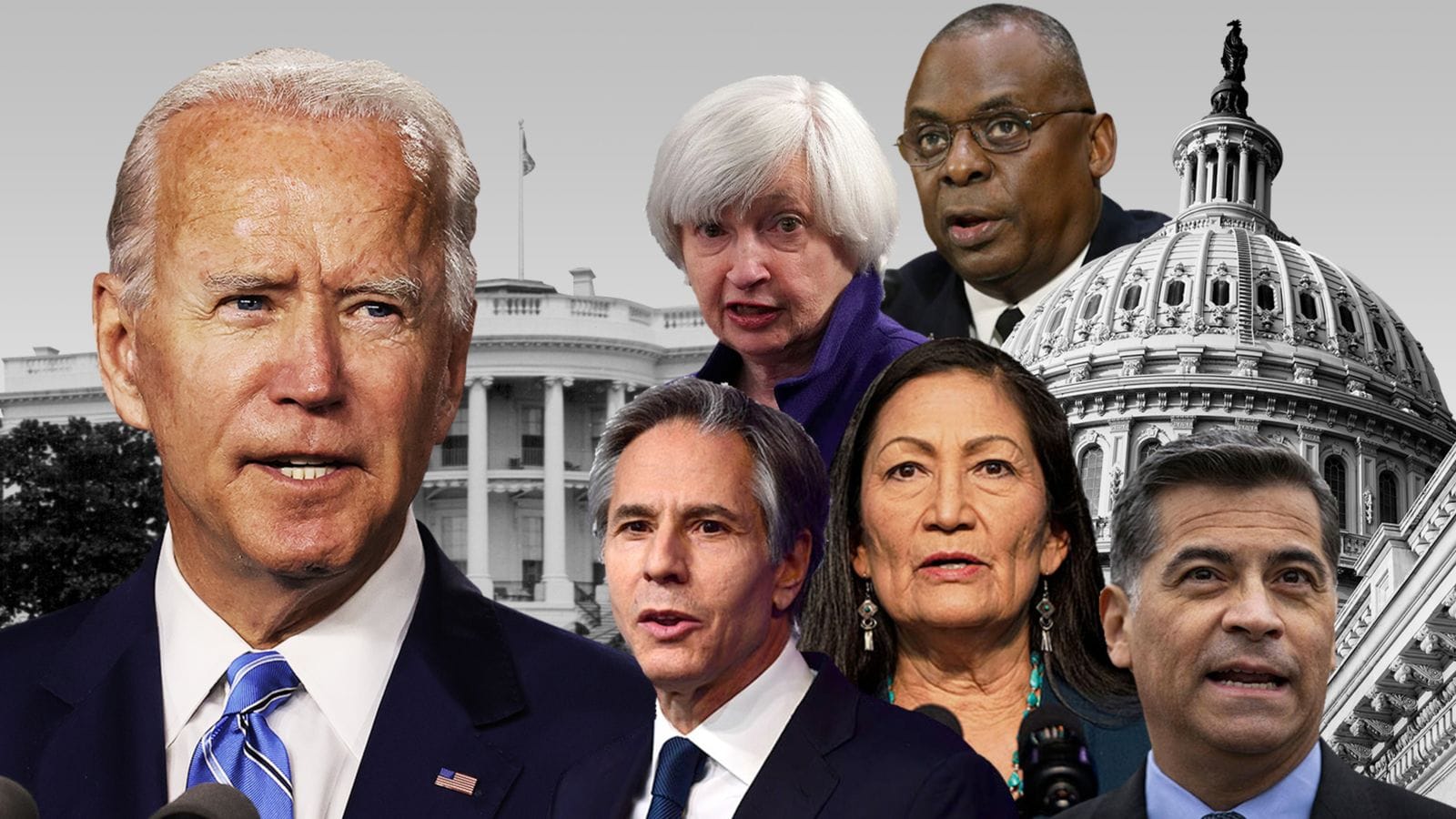The Biden administration has made headlines with its decision to block the proposed acquisition of a U.S. steel company by Nippon Steel, one of Japan’s largest steel manufacturers. This move has sent ripples of uncertainty through the American steel industry, particularly among steel workers who are concerned about the implications for their jobs and the overall health of the sector.
The acquisition in question involved Nippon Steel seeking to take over a significant stake in a U.S. steel producer, which would have allowed the Japanese company to enhance its presence in the North American market. However, the administration cited national security concerns as the primary reason for blocking the deal. This decision reflects a growing trend among U.S. policymakers to scrutinize foreign investments in critical industries, especially those that are deemed essential to national defense and economic stability.
The U.S. steel industry has been grappling with various challenges, including fluctuating demand, rising production costs, and increased competition from foreign manufacturers. The COVID-19 pandemic exacerbated many of these issues, leading to supply chain disruptions and a temporary decline in production. As the economy begins to recover, the industry is now facing the dual challenge of navigating a competitive landscape while ensuring job security for its workforce.
Steel workers across the country are expressing their concerns about the potential long-term impacts of the blocked acquisition. Many workers view foreign investments as a means to strengthen the industry and create more job opportunities. The apprehension surrounding the Nippon Steel deal stems from fears that the administration’s decision may deter future investments in the U.S. steel sector, further complicating efforts to revitalize the industry.
In recent years, the U.S. government has taken steps to protect domestic industries from foreign competition. Tariffs on imported steel and aluminum have been implemented to support local manufacturers and preserve jobs. However, these measures have also drawn criticism for potentially leading to retaliatory actions from trading partners and increasing costs for American consumers.
The decision to block the Nippon Steel acquisition is part of a broader strategy by the Biden administration to prioritize American manufacturing and safeguard national interests. This approach aligns with the administration’s commitment to revitalizing the U.S. economy and creating well-paying jobs in critical sectors. Nevertheless, the implications of such decisions are complex, and the balance between protecting national interests and encouraging foreign investment remains a contentious issue.
Industry experts have weighed in on the decision, noting that while the administration’s focus on national security is understandable, it is essential to consider the potential consequences for the steel workforce. The U.S. steel industry has undergone significant transformations over the past few decades, with many companies consolidating and modernizing operations to remain competitive. As the industry evolves, fostering an environment that attracts both domestic and foreign investment will be crucial for its long-term sustainability.
The blocked acquisition has also sparked discussions about the future of the U.S. steel industry in the context of global competition. Countries like China and India have established themselves as dominant players in the steel market, often benefiting from lower production costs and government support. As a result, American steel manufacturers face an uphill battle in maintaining their market share while ensuring that their workforce remains competitive.
Moving forward, the U.S. steel industry will need to adapt to the changing landscape by investing in new technologies and sustainable practices. The transition to greener production methods, such as electric arc furnaces, could help reduce emissions and lower production costs, ultimately benefiting both the environment and the workforce. Additionally, fostering collaboration between industry stakeholders, labor unions, and government agencies will be critical in addressing the challenges facing the sector.
In conclusion, the Biden administration’s decision to block Nippon Steel’s acquisition has created uncertainty for U.S. steel workers, highlighting the delicate balance between national security and economic growth. As the industry navigates these challenges, it will be essential to prioritize the well-being of the workforce while fostering an environment conducive to investment and innovation. The future of the U.S. steel industry will depend on its ability to adapt to a rapidly changing global landscape while ensuring that American workers remain at the forefront of this vital sector.

